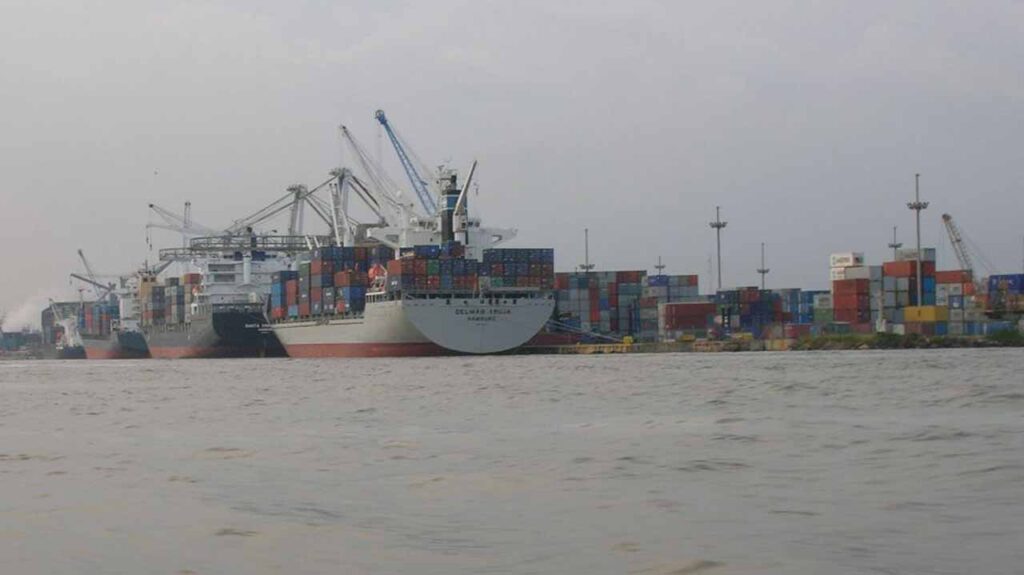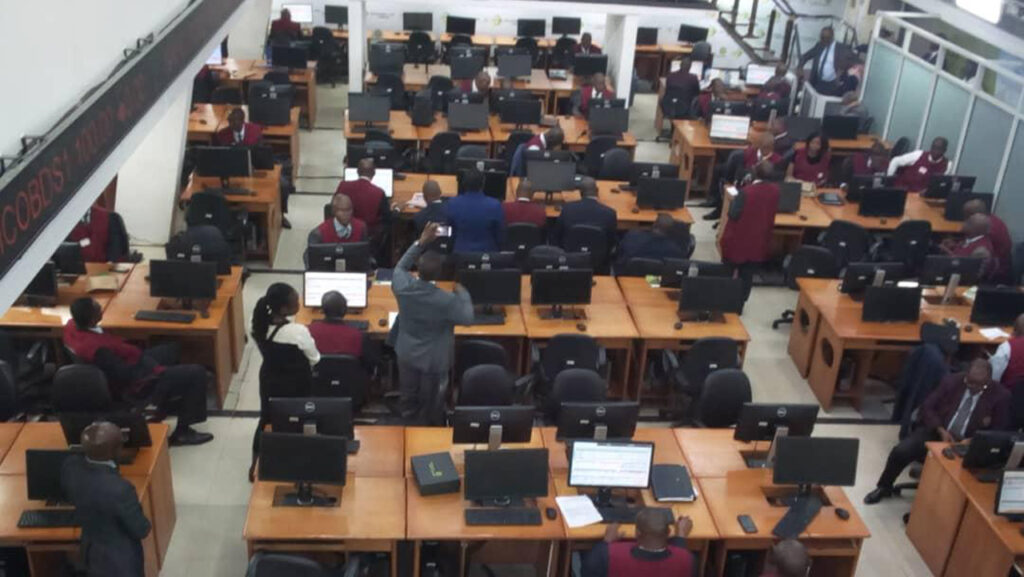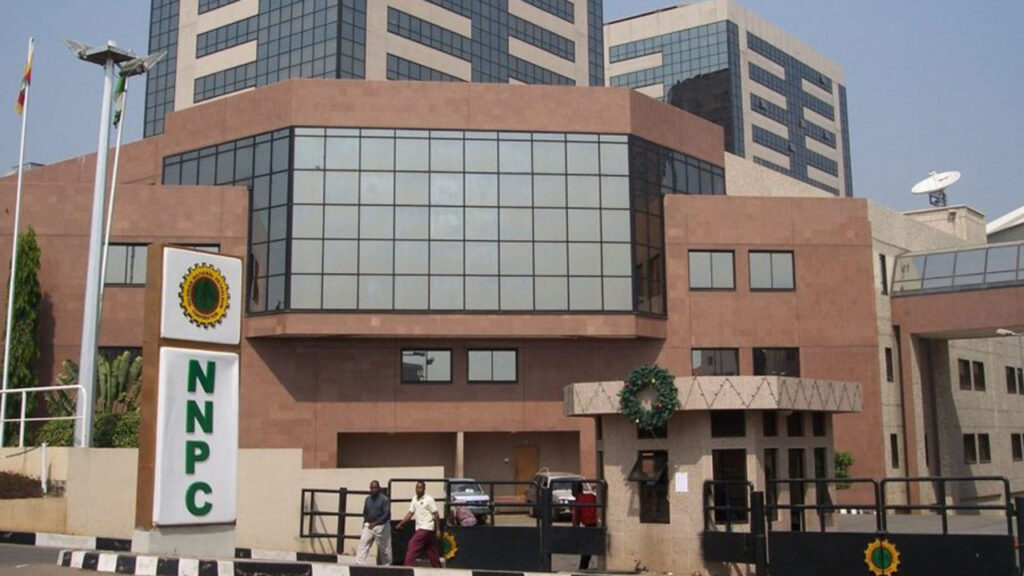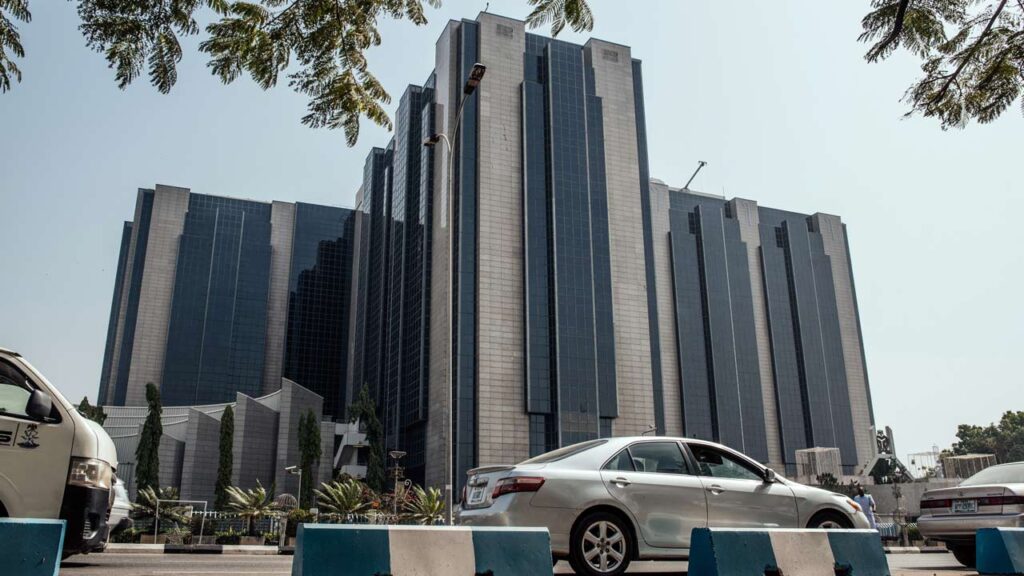 • Many countries yet to develop implementation strategy
• Many countries yet to develop implementation strategy
• Sensitive products may come under liberalised list as timeline passes
One year after the implementation of the African Continental Free Trade Area Agreement (AfCFTA), which came into force on January 1, 2021, Nigeria continues to lag behind in making the trade agreement operational owing to structural challenges, Coronavirus pandemic and lack of consensus on trade protocols and strategy among stakeholders.
Despite the ratification of the trade deal among African countries, with exception of Eritrea, the political will to implement the deal remains in doubt going by the pace and protectionist stance of many African governments.
With the operational phase still to commence in Nigeria, the country has continued to lose opportunities of enjoying projected income through tariffs on its sensitive products as some of the products will have to be liberalised within the 10-year period agreed in the deal.
The Guardian had exclusively reported that the government plans to protect at least 180 products.
Sources familiar with the tariff lines in the schedule submitted to the Economic Community of West African States (ECOWAS) by Nigeria for negotiation told The Guardian that, while 131 products are already on the import prohibition list, the remaining products on the exclusive list were picked based on national priorities, trade volume, food security and competitive advantage.
Presently, only seven per cent of sensitive products (427 tariff lines) and three per cent of exclusive products (184 tariff lines) were negotiated rather than the other way. This puts over 4,300 tariff lines under the liberalised list.
Stalling implementation also means that most of the products on the sensitive list will be liberalised, putting the country at a disadvantage.
Indeed, it was agreed that there should be 90 per cent tariff liberalisation and the deadline was July 1, 2020. Over a 10-year period with a five-year transition, there will be an additional seven per cent for “sensitive products” that must be liberalised.
Beyond local challenges, disruptions of global supply chains due to Coronavirus restrictions in 2020 limited AfCFTA’s potential, as manufacturers across the continent suffered access to raw materials and access to existing markets, forcing them to look inward and explore newer trade routes.
Although the Federal Government said negotiations were about being completed with outstanding work still on textiles and automobiles, operators doubt the readiness of Nigeria to trade within the continent, especially within the ECOWAS bloc, going by trade barriers in the form of punitive levies charged by neighbours on transit goods.
Non-Tariff Barriers (NTBs) are a great hindrance to intra-African trade, whether physical, like poor infrastructure, or administrative like the behaviour of customs officials. These are to be monitored with a view to ensuring they are eliminated.
However, one year after, reverse is the reality going by the various issues in the Benin corridor and Ghana.
In 2018, African Heads of State adopted the Protocol Relating to the Free Movement of Persons, Right of Residence, and Right of Establishment to enable Africans to freely move and work within Africa.
The Protocol is expected to serve the interests of African workers, entrepreneurs and the large informal sector for 30 days, following the receipt of the 15th instrument of ratification.
However, only four countries on the continent have deposited their instruments of ratification at the AU depositary. This has created a challenge for the movement of people within the continent, especially for Nigerians.
African nations currently trade more internationally than with one another. Intra-African trade accounts for 17 per cent of African exports, which is low compared to 59 per cent for Asia and 68 per cent for Europe, according to the World Economic Forum.
Despite ranking the third contributor to intra-African trade in 2020, Nigeria’s share of trade remains low considering its status as the biggest economy on the continent. This is even as raw commodities dominate items exported from the continent, the latest African Trade Report has shown.
According to the Federal Government, negotiations on the Rules of Origin (RoO), which are very important for boosting local production are at about 87.65 per cent completed with outstanding work of about 10 per cent on textiles and two per cent relating to automobiles.
In terms of services, the Federal Government noted that 41 countries have made offers but were yet to be verified, adding that the Phase 2 negotiations on investment, intellectual property and competition are at early stages while talks on women and youth in trade and digital trade are yet to start.
According to United Nations Conference on Trade and Development (UNCTAD) 2019 report, though RoO determines the country of origin of goods and are essential to the free circulation of goods in preferential trade areas, they are one of the aspects of trade that people don’t really talk about.
Besides, UNCTAD said total elimination of tariffs under the AfCFTA could increase Gross Domestic Product (GDP) of every African country by three per cent, adding that appropriately designed RoO could significantly boost intra-African trade.
Speaking at a recent Presidential Policy Dialogue Organised by the Lagos Chamber of Commerce and Industry (LCCI), the Vice-President, Prof. Yemi Osinbajo, affirmed some level of progress in ensuring that AfCFTA becomes operational.
He urged the private sector to contribute to the articulation of the national trade strategy by providing support to the country’s negotiators in AfCFTA processes, while taking full advantage of the opportunities provided by the free trade area.
The Manufacturers Association of Nigeria (MAN) urged the government to continue to liaise with the private sector in making AfCFTA operational.
MAN President, Mansur Ahmed said: “Now that we have signed, ratified and deposited the instrument of ratification at the repository, the National Action Committee (NAC) should be effectively supported to continue to vigorously engage the private sector and relevant Ministries, Departments and Agencies of government to accelerate the putting in place of all structures required for beneficial trade.
“In this regard, we implore government to urgently embark on establishing the Designated Competent Authority that will superintend the administration of Rules of Origin and Commission the automation of the Certificate of Origin and export and import documentation processes for AfCFTA transactions.”
The Ghana International Trade and Finance conference (GITFiC) stated that most African countries are yet to fully develop a comprehensive National AfCFTA Implementation Strategy, which was quite disturbing.
It said although countries may have existing trade policies and developed guidelines, it was not enough to maximise the full benefits of AfCFTA.
Though the Nigerian Office for Trade Negotiations (NOTN), in February last year, unveiled trading requirements for Nigerian traders under the AfCFTA, while also identifying 89 items that qualify for preferential trade under the deal, the delay in domesticating the treaty remains a challenge for its operationalisation.
With the details of tariff lines yet to be unveiled, manufacturers, traders and other exporters are awaiting a comprehensive list of the products that would be liberalised and restricted under the trade deal.
Specifically, some of the products identified as eligible for preferential treatment under the Protocol on Trade in Goods include live animals, dairy produce, cocoa and cocoa preparations, sugar and sugar confectionery, beverages, spirits and vinegar, tobacco, wood, and articles of wood, photographic and cinematographic goods, pulp of wood, paper and paperboard, footwear, basic metals, arms and ammunition among others.
For travellers within the continent, goods for personal use of the recipient not exceeding $500 or $1,200 in the case of products forming personal luggage, as well as goods sent as small packages between private persons among member countries would be exempted from submission of proof of origin.
Though the commencement of AfCFTA portends advantages to Nigeria’s trade balance as it opens a wider market space for the country’s exports and opportunity to get cheaper imports of goods and services, its protectionist stance on some commodities that the nation’s local capacity cannot be met, raises concerns.
Secretary-General of AfCFTA Secretariat, Mr. Wamkele Mene, reiterated that the target of the trade agreement is to achieve zero duty on 97 per cent of all products traded in the continent in the next 15 years.
In defence of the pace of progress for the trade treaty, Mene said: “I think Africans should be patient and understand that we are in the initial stages of significance to go together under a single set of rules.”
He further stated: “We will learn from the experience of the European Union (EU) that it took 72 years to get to this point of market interventions that it enjoys today.
“What we are doing is not an easy task, it is time-consuming, and it requires patience to see results in years to come. I am not worried about the slowness because typically, negotiations and implementation of trade agreements is not something that happens overnight.”













